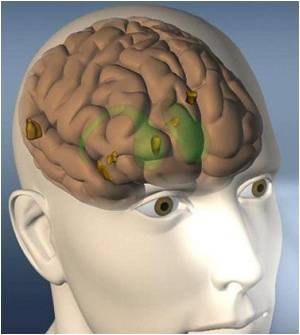Look no further for the root of selfish behaviour, for it is from your mum, says a new study.

Genomic imprinting is the phenomenon in which the expression of a gene depends upon the parent who passed on the gene. Every person has a set of chromosomes from each parent but due to imprinting, a particular gene-either the one inherited via egg or sperm-is inactivated.
Ubeda and Gardner developed an evolutionary mathematical model that examined the consequences of ancestral women's tendency to follow their mates and raise their children among people they are not related to.
They found this behavior spurs a conflict between mom and dad genes in a juvenile over how it should act in society.
The battle all has to do with relatedness.
"Because the child's dad stayed put, the genes the child gets from dad are more likely to be present in her neighbours. The genes telling her to be nice to neighbours (genes for altruism) will be dad genes. Because her mom moved around to be with dad, and thus is not related to the other villagers, her maternal genes will be telling her to be mean to neighbours," Úbeda said.
This research applies to all societies where females migrate more than men or vice versa. It is this demographic inequality that makes it more likely that children who are helpful to others are related through their father's genes, not their mother's genes.
Source-ANI
 MEDINDIA
MEDINDIA




 Email
Email




